With any dental procedure, patients often ask (and worry) about pain and it’s perfectly understandable. Anything that can cause potential pain is something we want to naturally avoid.
The dentistry profession has evolved significantly in being able to manage and reduce/eliminate discomfort. Its also evolved in training dentists to be more sensitive and empathetic to patients’ experience with the procedures that are being done.
People getting Dental Implants come from everywhere
People are having dental implants placed in just about every country throughout the world. The numbers of implants placed every year is in the millions. Even in our single office in Burnaby, we place a lot of dental implants. A lot. And in some cases people travel a long distance from outside of Vancouver, the province of British Columbia and even from across the country for dental implants.
We’ve even had a surge of American patients coming to the Vancouver Centre for Cosmetic and Implant Dentistry for dental procedures with the current value of our dollar.
For patients to be able to travel to see us for these dental procedures, it just wouldn’t be feasible or advisable if they typically had a lot of post operative discomfort or other issues following surgery.
Are concerns of pain in getting dental implants justified?
A common question asked is how painful is it to have dental implants. After all, if someone types in “dental implants” into a Google image search, they will see illustrations of holes being made into the jawbone. Most people commonly assume that there must be significant pain either during or after the procedure.
This is not completely accurate.
In this blog post, I’ll demystify the notion that implants are painful and describe what we as dentists do to prevent patients like yourself from experiencing pain.
Discomfort Levels in Dentistry – Rating System
With any procedure, I try to give patients an accurate sense of what to expect with respect to discomfort.
So I use a discomfort rating system of 0 to 10. 0 represents no discomfort and 10 represents excruciating pain/discomfort.
A 4 out of 10 would be where a patient needs something stronger than advil/ibuprofen or aspirin. Perhaps closer to a Tylenol #3.
Pain from 4-6 is often taken care of by a Tylenol #3. If pain is stronger than 6, they often need a stronger narcotic pain reliever.
Pain of 2-3 is often taken care of with off the shelf pain relievers such as Tylenol, ibuprofen or aspirin. For pain less than 2, patients rarely take anything.
Discomfort in dentistry comes from times where we have infection, pressure (often from an infection), exposed tissue (as in a dry socket), or a dying nerve.
To give comparisons, here’s how I would describe pain for particular issues:
- from a dying nerve to be 6-9 pain level,
- infection from a tooth to be 4-9 level,
- dry socket to be 8-10+,
- gum surgery to be 5-6,
- recovery from wisdom teeth removal to be around 4
The Meat of the Issue – Are Dental Implants Painful?
With a straight forward implant, one that has good bone and does not require a lot of soft tissue surgery, most people will have a discomfort level of 2 to 3, and that usually is only for the first 24-48 hours.
Most often they will say they took a Tylenol #3 the first day immediately after the procedure because they weren’t sure how it would be. However, by the time they awoke the next morning, they already found they had very little discomfort. Many of my patients tell me that they didn’t even use the prescription that I gave them and simply used Tylenol or Ibuprofen (Advil/Motrin).
With dental implants, the discomfort comes not from making a hole in the bone and placing the implant. The discomfort typically comes from the soft tissue manipulation that is required in the process, not the preparation of the bone. That is why you see above that gum surgeries are often uncomfortable for the first few days then getting a dental implant.
Therefore, some implants can be placed by not lifting the gum tissue (what we call raising a flap) and these people will have little to no pain (0, 1 or 2 out of ten).
Others may require a small flap in which case the expected discomfort level would be around a 3 or maybe a 4 for the first evening.
If there is some grafting required or if the procedure is a bone graft instead of an implant, then often the discomfort level is higher. It can work itself to a 4 or maybe even a 5 or 6 for 1-3 days.
In almost all cases, the worst is the first 24 to 48 hours and thereafter there is very little or significantly less pain.
Beyond the procedure itself, there is also individual variation. Some people naturally have a higher pain tolerance, and some very little pain tolerance. I believe even our emotional/spiritual expectation of the amount of pain/healing we should expect plays a role.
My perception/observation is that the majority of people fall into the middle of a typical bell curve, and that is what I have described in the discomfort levels listed above.
How We Minimize Discomfort
There are many things that we do to minimize the discomfort. Certain medications that we give pre and post-operatively like corticosteroids and anti-inflammatories will greatly reduce the inflammation and pain you experience.
Surgical technique is also very important. Being efficient with time and minimizing the surgery time will reduce the amount of inflammation and discomfort that you experience. How we plan and approach the surgery as well as being gentle in our technique is also very significant.
What You Need To Do
Dental implants are a big investment in you and you deserve the best information possible to make a decision. The level of pain shouldn’t be the only factor you consider in getting dental implants. That’s why I’ve got a 14-part video series on dental implants in our video gallery.
If you are considering having dental implants and you have any concerns whatsoever, ask your dentist to give you an honest and realistic answer to your questions and concerns. You may even ask him/her to give you the name of some patients who have gone through a similar procedure to give you a first hand account of what the procedure is like.
I myself, have had three implants placed and two required some grafting at the time of placement. I certainly don’t consider myself an overly stoic person who can tolerate pain, but I never had to take anything stronger than ibuprofen following any of the procedures.
We also have numerous posts on our blog site about dental implants for you to read and learn more. If you have read this I certainly hope it has been helpful to you.
Take Action
Once you’ve gotten the information you need and are ready to make a decision, come see us at the Vancouver Centre for Cosmetic and Implant Dentistry at Metrotown in Burnaby for a dental implant consultation.
If you’re coming in from the United States or outside of British Columbia, let us know and we’ll be happy to make sure you get the most out of your visit to Vancouver.
If you’ve got any questions, leave a comment below.
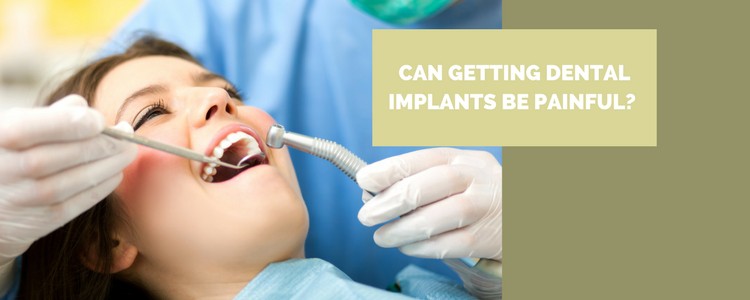
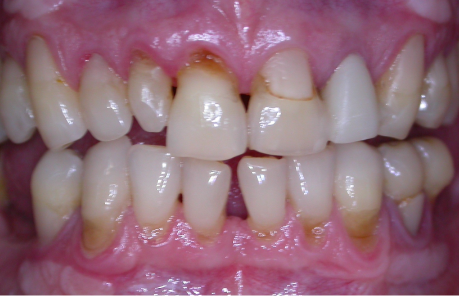
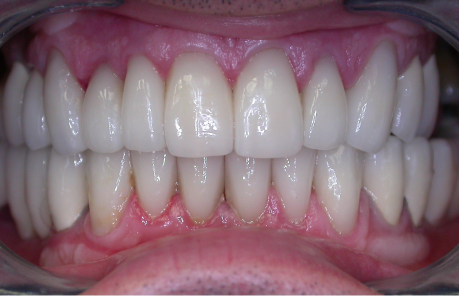
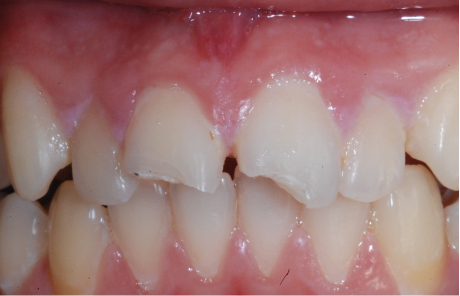
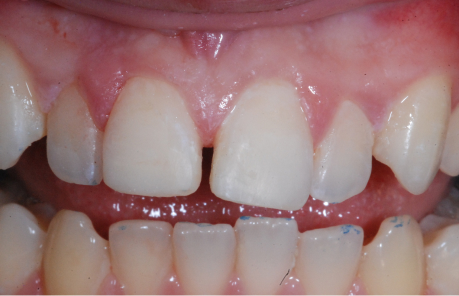
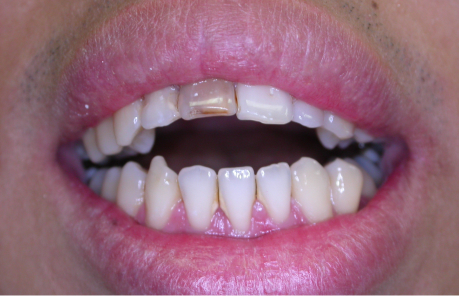
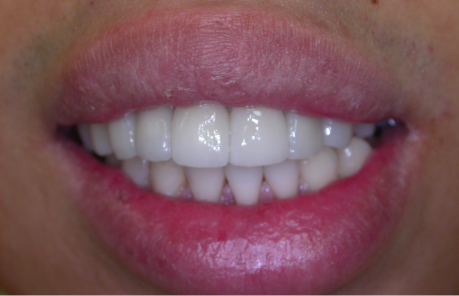
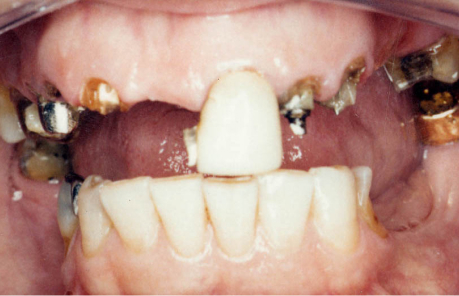
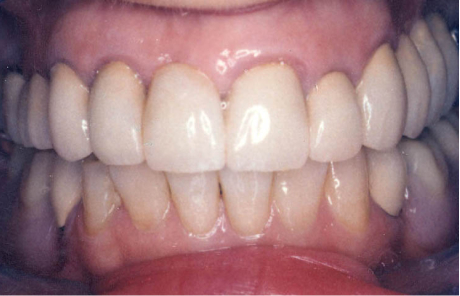
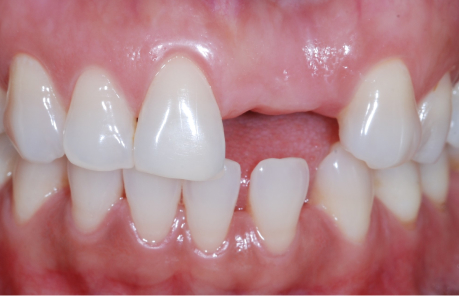
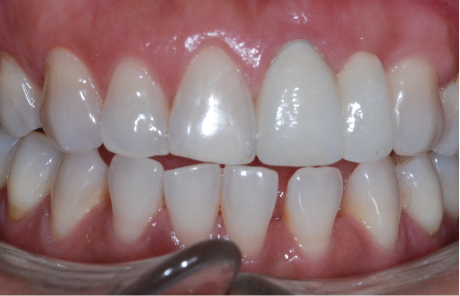

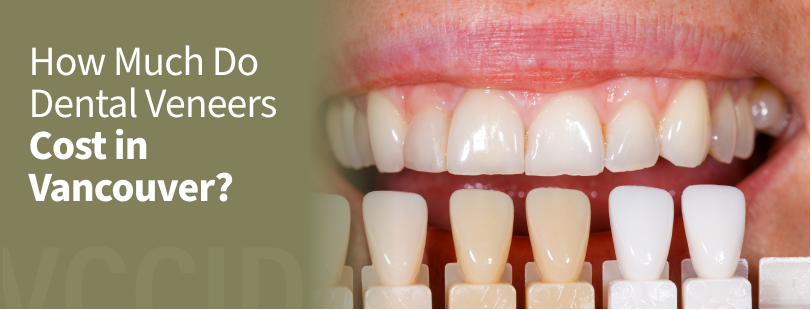




4 thoughts on “Can Getting Dental Implants Be Painful?”
That was an great article on how to deal with the pain associated to dental implants.
I like that you include your measures to minimize implant discomfort. Post-dentist mouth pain is always an annoyance, and having less of that would be a relief. I’ll be asking about that information during future dentist visits!
That’s good to know that implants aren’t super painful most of the time. I wouldn’t wan to be in pain for days after the surgery so that’s good. Hopefully, my implants won’t need a lot of soft tissue surgery. That sounds like it’s more painful than having a simple surgery.
Good information about the Dental Implants, Actually i have many doubts before on how to get these implants. Now totally cleared. Thank You.